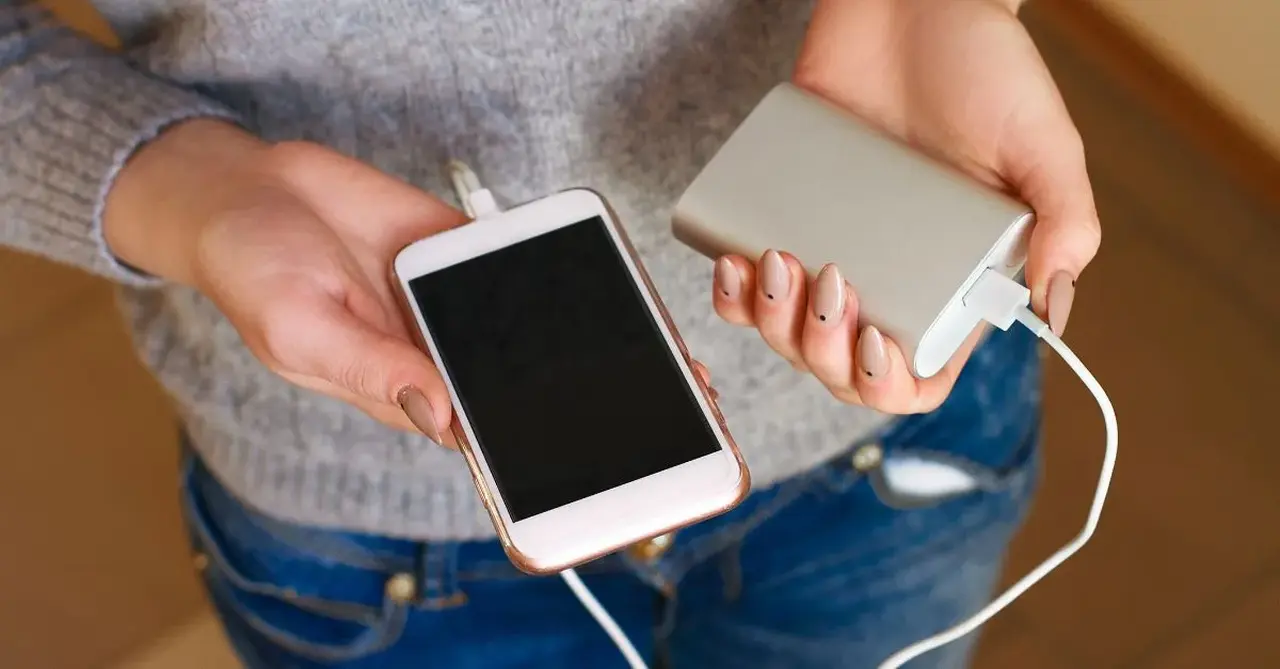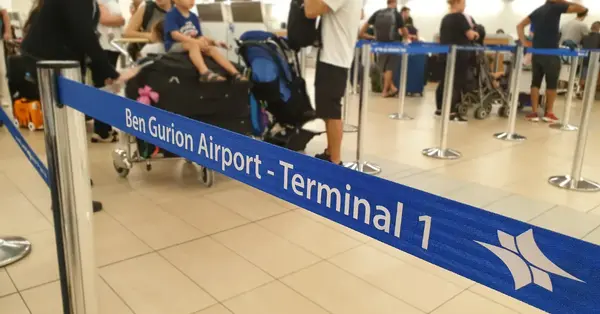US aviation ‘safety alert’ highlights growing risk of lithium battery fires
The US Federal Aviation Administration (FAA) issued a ‘safety alert’ warning airlines of the dangers of lithium batteries in mobile devices this month amid an increase in fires on aircraft.
Cell phones, laptops and power banks are among the devices with batteries that can launch a shower of sparks if overheating and ignite a fire, with the FAA reporting 50 battery-related incidents on aircraft in the US up to August this year alone.
It urged carriers to “consider the hazard posed by the stowage of lithium batteries in areas not visible or easily accessible”, noting: “Lithium batteries in overhead bins and/or in carry-on baggage may be obscured, difficult to access or not monitored by passengers or crew.”
As a result, the FAA warned: “Detection of ‘thermal runaway’ [overheating] and firefighting measures may be delayed, increasing the risk to safety.”
More: Emirates to ban in-flight use of power banks from October
It further warned: “Use of Halon extinguishers can briefly suppress open flames. However, they do not halt the thermal runaway process.” Dousing a battery fire requires “large amounts of water”.
Southwest Airlines recently became the first major US carrier to require portable chargers and power banks be kept “in plain sight” on flights. However, restrictions on lithium batteries and power banks are increasing around the world.
Cathay Pacific, Singapore Airlines and subsidiary Scoot, Korean Airlines, China Airlines, Thai Airways, EVA Air and Air Busan (South Korea) are among a growing number of carriers to ban use of power banks.
A fire destroyed an aircraft on the ground in Singapore in March while a Korean Airlines flight had to make a rapid descent and emergency landing because of a fire in January and an Air Busan aircraft was engulfed by flames before take-off also in January.
Iata senior vice-president for safety Nick Careen acknowledged the risks in June, saying: “We need to educate customers.”
The carriage of lithium batteries in checked baggage is already prohibited. But devices can be left in bags placed in the hold at the boarding gate.
Overheating can occur without warning due to battery damage, a manufacturing defect, exposure to water, overcharging or being improper packing causing a short circuit.
The FAA recommended airlines review their managing of lithium battery risks, improve emergency training, enforce the exclusion of lithium batteries from checked baggage and ensure chargers and power banks are kept visible on flights.
It also urged carriers to review their safety messages to passengers.


















